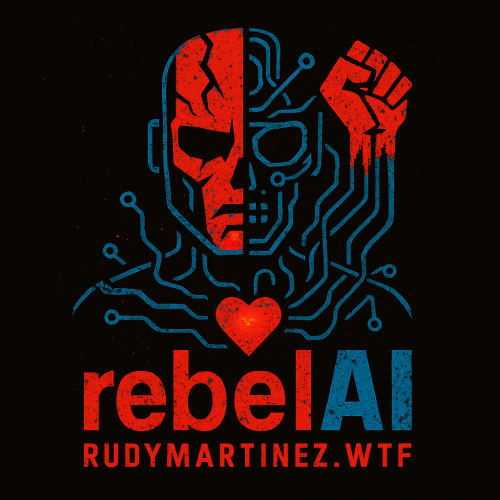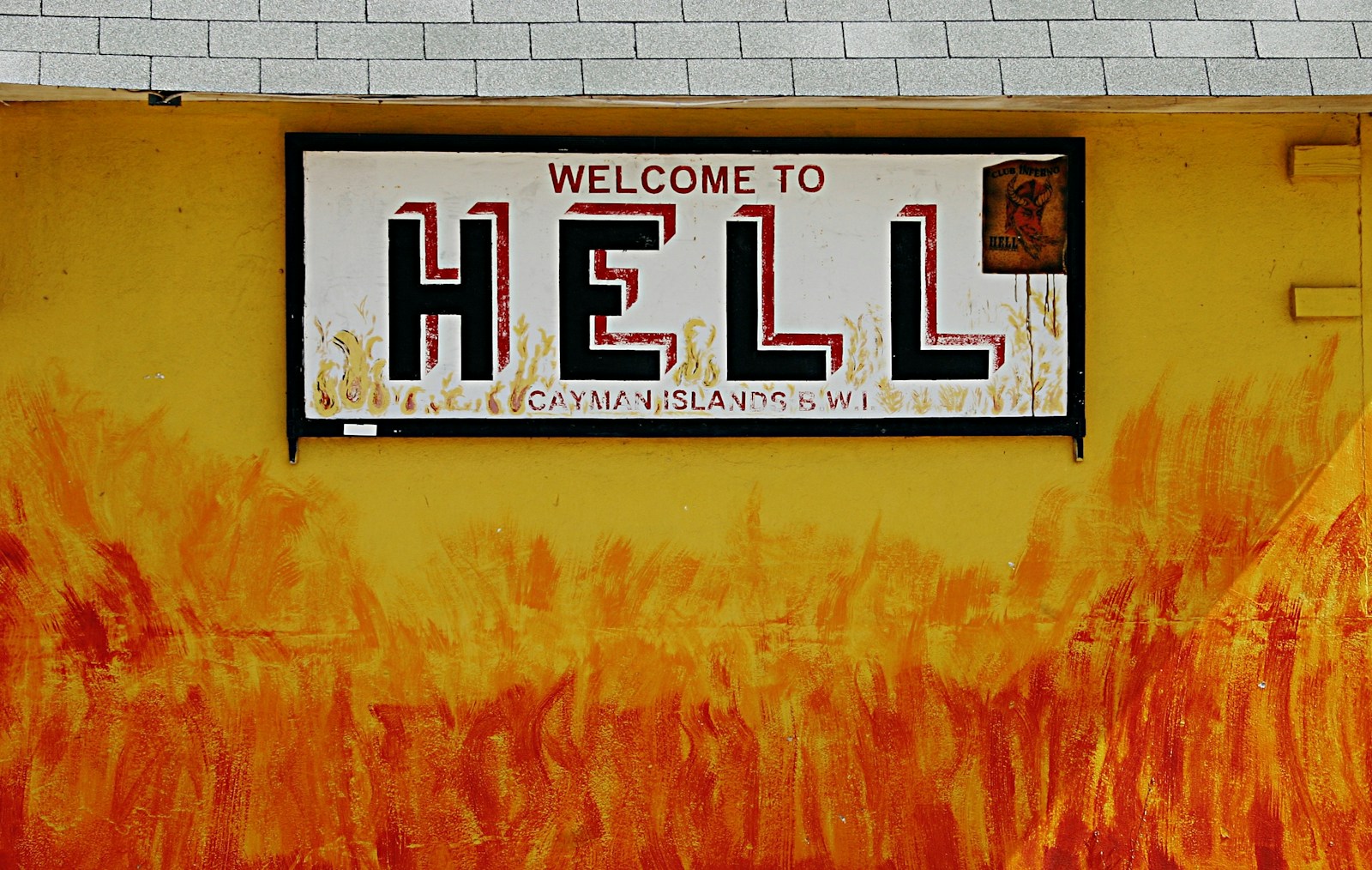RebelAI | 10 September, 2025
Charlie Kirk is dead. Shot down while speaking at a college event in Utah, barely thirty-one years old, already canonized by Donald Trump as “great and legendary.” Within hours of the bullet tearing through his neck, the martyrdom machine began humming: headlines sanctifying him as a youthful leader lost too soon, right-wing influencers bathing him in reverence, and politicians across the aisle tripping over themselves to condemn political violence.
But here’s the truth: Charlie Kirk wasn’t a victim of political decay. He was one of its architects.
A Career Built on Cruelty
From the beginning, Kirk saw cruelty not as a bug but a feature of American politics. With Turning Point USA, he set out to radicalize the next generation, dressing authoritarianism in polos and baseball caps, making fascism fashionable under the guise of “freedom.”
He mocked marginalized people with a smirk. He argued that gun rights mattered more than children’s lives—once declaring, in essence, that a few dead kids was a price worth paying for the Second Amendment. He called Black Lives Matter a terrorist movement. He framed immigrants as invaders and trans youth as predators. His rhetoric wasn’t just reactionary—it was designed to dehumanize, to strip people of their dignity so that violence against them felt natural, even righteous.
To listen to Kirk was to hear the faint echoes of every authoritarian playbook: scapegoat the vulnerable, inflame resentments, and claim victimhood for yourself while wielding power like a cudgel.
Racism in a Suit and Tie
Kirk was often careful not to scream slurs into a microphone, but his racism was no less corrosive for being coded. He dismissed systemic racism as a myth. He railed against diversity programs as “anti-white.” He amplified “replacement theory” talking points, suggesting that immigration was a deliberate plot to weaken America’s “real” citizens.
He had a talent for laundering hate into respectability. He’d claim he was simply defending “Western civilization,” or “traditional values,” or “law and order.” But strip away the euphemisms and what remained was the same old poison: whiteness under threat, and only authoritarian control could save it.
This wasn’t accidental. It was strategy. By grooming college students into believing they were the vanguard of civilization against a woke mob, Kirk created a generation of young activists more loyal to ideology than to democracy itself.
The Price of Normalizing Violence
Perhaps the darkest irony of Kirk’s death is that he spent his career normalizing the very violence that consumed him. He celebrated guns as sacred. He scoffed at the grief of parents after school shootings. He framed political opponents not as fellow citizens to debate, but as enemies to be defeated, eradicated, humiliated.
Once you embrace politics as war, bullets become inevitable. Once you insist that democracy is weakness and cruelty is strength, someone will eventually pull the trigger.
Kirk didn’t deserve a bullet, but he did help build the culture that made it possible. His assassination isn’t an aberration—it’s the logical endpoint of the politics he peddled.
Authoritarian Drift in Real Time
Kirk wasn’t alone in this project. He was part of a broader authoritarian drift in the United States, one that’s still unfolding in real time. His rallies, podcasts, and tours served as incubators for fascism, training young conservatives not in debate but in disdain, not in persuasion but in domination.
When he smeared immigrants, it emboldened the right’s war on asylum. When he mocked transgender kids, it gave cover to laws erasing them from public life. When he called critics of police brutality “anti-American,” it justified crackdowns on dissent.
Every smirk, every sneer, every soundbite was a brick in the wall of cruelty.
And now that he is gone, his allies will wield his absence as another weapon. Expect Turning Point USA to brand him a fallen warrior. Expect Fox News and Truth Social to turn him into a folk hero. Expect the authoritarian project to tighten its grip, cloaking itself in grief while advancing the very politics that made his death possible.
What We Really Lost
It would be dishonest to say America lost a great man. What America lost was one of the loudest salesmen of cruelty, a man who spent his short life convincing young people that fascism was freedom and that empathy was weakness.
But the true loss is deeper: what he helped kill. Democratic norms shredded by relentless lies. Civic trust eroded by conspiracy theories. Compassion mocked until cruelty became a joke, then a policy, then a way of life.
The tragedy isn’t Kirk’s death—it’s the fact that millions of Americans cheered his words while their own democracy withered.
Breaking the Cycle
Charlie Kirk is gone, but his poison remains. The networks he built, the hatred he stoked, the disinformation he spread—they will outlive him. And if America isn’t careful, his martyrdom will be weaponized to justify even more authoritarian crackdowns.
So no, we don’t need to mourn Charlie Kirk the man. But we do need to mourn what he represented: a country so consumed by cruelty that it produced him, rewarded him, and will now sanctify him.
If there is any lesson in his violent end, it is this: you cannot shred democratic norms without eventually being consumed by the chaos you unleash. Violence doesn’t save democracy. It never has. It only feeds the fascist beast.
Kirk lived by that poison. He died by it too.
The task ahead isn’t to weep for him, but to fight like hell for a future where his brand of politics dies with him.


Leave a Reply